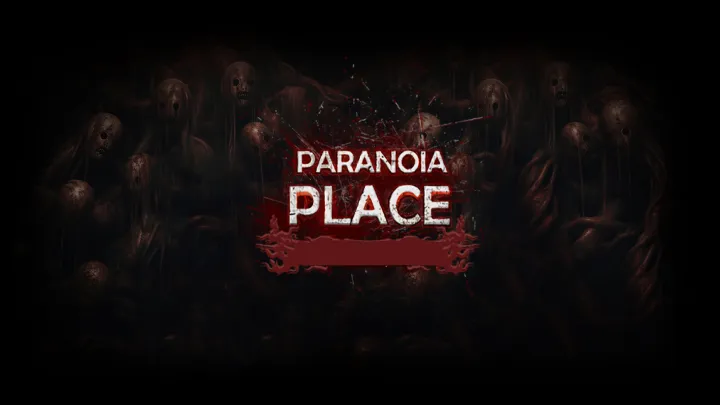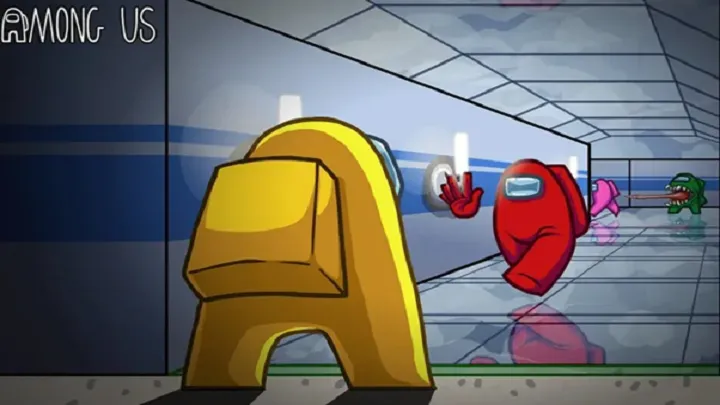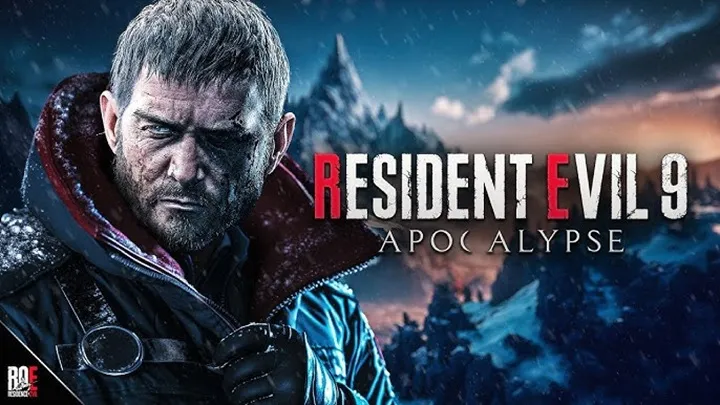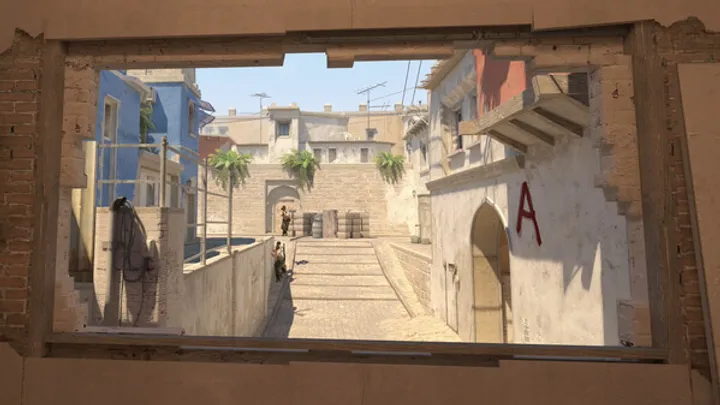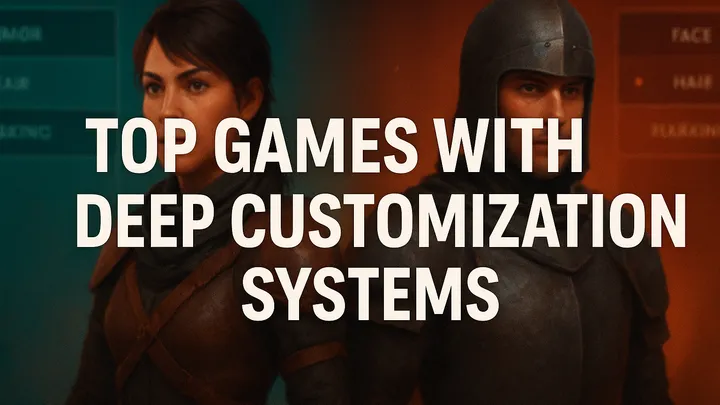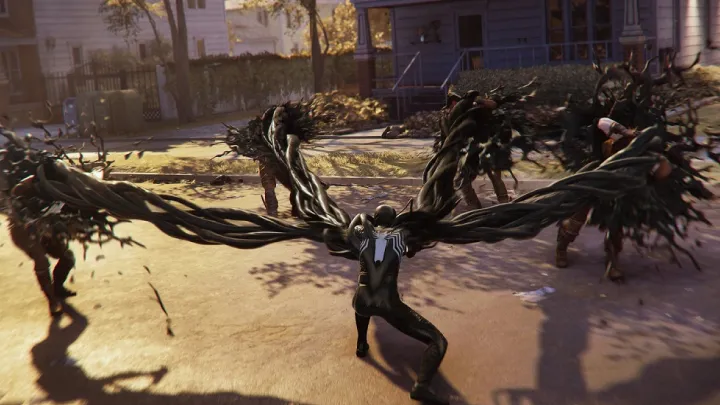Secret Neighbor: Hello Neighbor Multiplayer is a unique social horror game that blends deception, cooperation, and survival. The premise is simple: a group of children attempts to rescue their friend from the basement of the infamous Neighbor’s house, but one child is secretly the Neighbor in disguise. While the mechanics are exciting, one specific issue defines the entire gameplay loop—trust. The constant struggle between cooperation and suspicion not only shapes the match but also highlights deeper challenges in communication, psychology, and fairness. This article explores the trust issue in depth, offering insights into how it shapes the game’s dynamics, strategies, and long-term appeal.
The Core Concept of Trust in Secret Neighbor
Trust is the lifeline of Secret Neighbor. Players need to work together to find keys, unlock doors, and coordinate escapes. Yet, at any moment, one of them could betray the group by revealing themselves as the Neighbor. This duality creates constant tension, where every decision to trust or doubt can determine survival.
Unlike many multiplayer games where roles are clear, here the hidden identity mechanic ensures that suspicion permeates every action. This makes communication, observation, and deduction central to gameplay rather than pure reflex or mechanics.
Why Suspicion Breaks Team Cohesion
One of the biggest challenges in the game is the breakdown of teamwork due to suspicion. Players often hesitate to share resources, cooperate on objectives, or follow each other into new rooms. A single mistake or odd behavior—such as holding back or wandering alone—can immediately lead to distrust.
This breakdown of cohesion is both a design strength and a point of frustration. While it builds tension, it can also derail matches when innocent players are falsely accused, leading to unnecessary conflict and wasted time.
Psychological Pressure on Players
Being suspected of being the Neighbor creates enormous psychological pressure. Even when innocent, players may feel nervous, defensive, or overly cautious, leading them to act in ways that further increase suspicion. This psychological loop intensifies the challenge of staying cooperative.
For the player actually playing as the Neighbor, the pressure is doubled. They must act natural while secretly working against the group. This mental balancing act is thrilling but mentally exhausting, especially for new players still learning the mechanics.

The Role of Communication in Trust Management
Communication is the most powerful weapon in Secret Neighbor. Voice chat or quick in-game communication tools help players build trust or sow doubt. Accusations fly quickly, and persuasive players often dictate the pace of suspicion. This creates a meta-game where words matter as much as actions.
However, communication can also be weaponized. Skilled Neighbors can manipulate others into turning against an innocent player, effectively eliminating threats without ever revealing their true identity.
Strategies to Build Trust as an Innocent
Innocent players must actively work to prove they are trustworthy. Simply surviving isn’t enough; they need to demonstrate helpfulness and transparency. This is easier said than done, but certain strategies can reduce suspicion.
Effective trust-building tips:
- Stay close to groups and avoid wandering alone
- Share resources openly to demonstrate goodwill
- Communicate clearly about your actions and goals
These steps don’t guarantee survival, but they make it less likely that teammates will turn on you when tensions rise.
Strategies to Maintain Deception as the Neighbor
For players taking on the role of the Neighbor, trust becomes a weapon. They must balance appearing cooperative while subtly sabotaging the team’s progress. This requires careful timing and manipulation.
Key deception techniques:
- Perform helpful actions early to establish trust
- Blame others subtly to deflect suspicion
- Wait until the group is split before striking
Mastering these tactics separates casual players from skilled deceivers, and makes every match unpredictable.

When Trust Collapses Entirely
Sometimes, matches devolve into pure chaos when trust collapses completely. Players accuse each other recklessly, cooperation breaks down, and objectives are abandoned. This usually benefits the Neighbor, who thrives in confusion and disarray.
Such breakdowns highlight the delicate balance the developers created: trust must exist for the game to work, but suspicion must always lurk to create tension. The collapse of trust is both a thrilling and frustrating moment that defines the unpredictability of Secret Neighbor.
Community Reactions to Trust Issues
Within the community, opinions on the trust mechanic are mixed. Many players celebrate it as the core feature that makes Secret Neighbor unique. Others argue that the mechanic can lead to unfair or toxic experiences, especially when communication is abused or suspicion is misdirected.
This mixed reaction reflects the fine line between immersive social deception and frustrating gameplay. For some, trust mechanics create unforgettable moments; for others, they become the reason to quit matches early.
Comparisons to Other Social Deception Games
Secret Neighbor shares DNA with games like Among Us and Project Winter, which also rely on hidden roles and deception. However, its emphasis on first-person exploration and survival sets it apart. The trust issue feels heavier here because survival mechanics, resource management, and 3D movement create more ways for suspicion to spread.
Unlike Among Us, where accusations and votes determine outcomes, Secret Neighbor relies on real-time action and cooperation. This makes the trust issue both more immersive and more volatile.
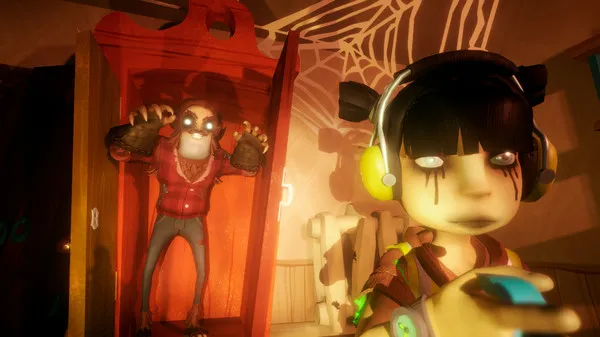
Future Directions: Can Trust Be Balanced Better?
The developers face a challenge: maintaining the tension of suspicion while reducing the frustration of false accusations. Potential improvements could include more communication tools, clearer signals of innocence, or mechanics that limit the impact of baseless accusations.
Balancing trust mechanics will be key to ensuring Secret Neighbor remains engaging in the long term. The challenge is not removing suspicion but refining it so that the game stays thrilling without alienating players.
Conclusion:
Secret Neighbor: Hello Neighbor Multiplayer thrives on its trust mechanic. The constant struggle between cooperation and suspicion makes it unforgettable but also divisive. Trust is not just a theme—it is the very battlefield where the game is fought. Whether you are an innocent trying to prove yourself or the Neighbor weaving lies, the ability to manage trust determines success or failure. Ultimately, Secret Neighbor shows us that in horror games, the scariest monster is not the Neighbor himself, but the doubt in our teammates.





